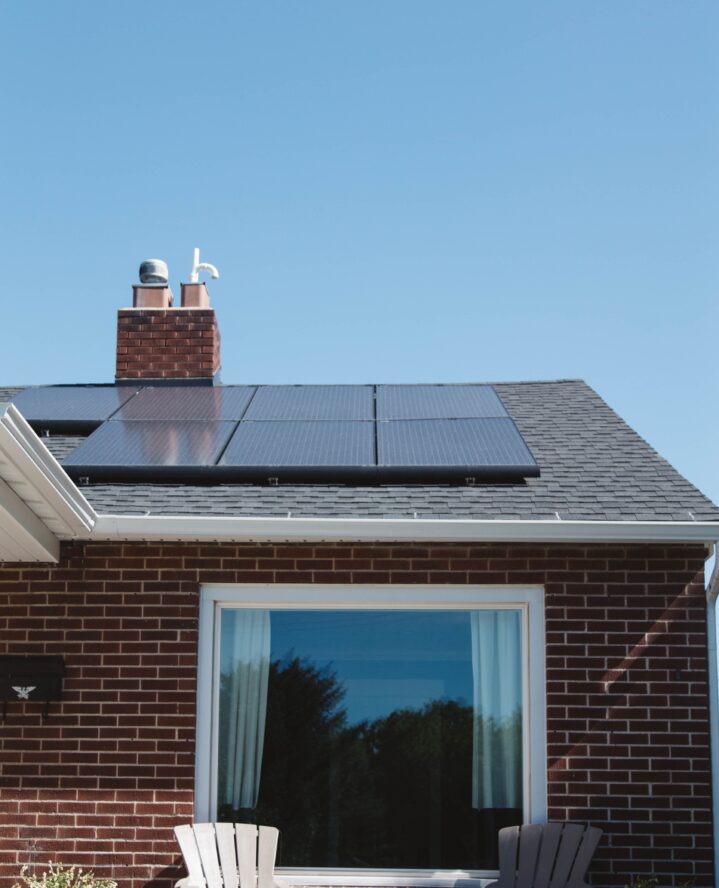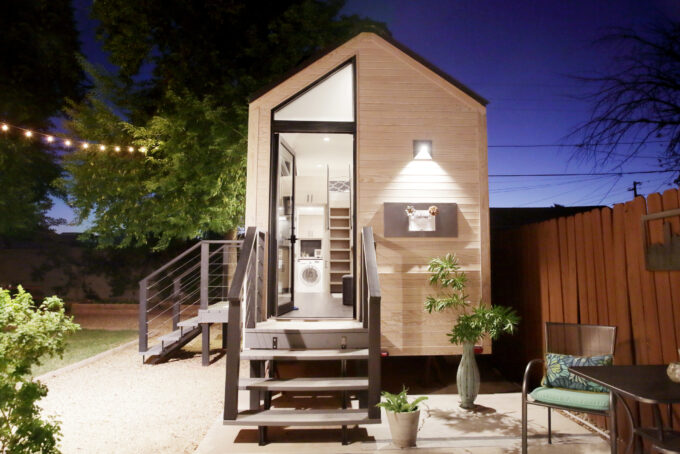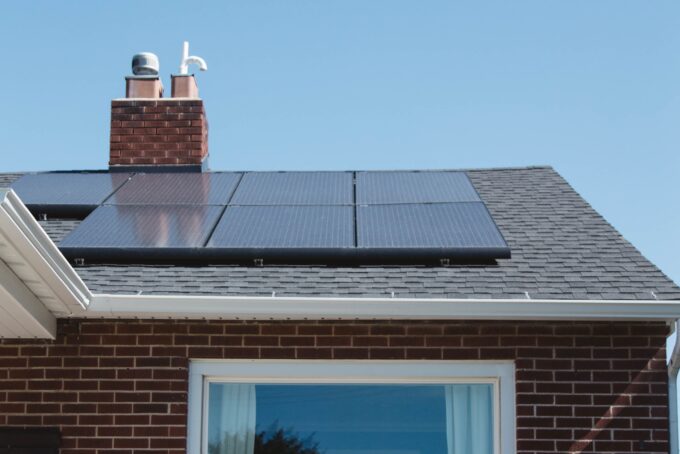As more homeowners prioritize sustainable living, solar panels are increasingly becoming popular. Solar panels offer an array of environmental and financial benefits. They are more than a trendy, eco-conscious investment; they’re a long-term commitment to a sustainable future and a smart choice for forward-thinking homeowners.
If you’re considering transitioning to solar energy, here’s what you need to know.
Types of Solar Panels
There are three main types of solar panels used today: monocrystalline, polycrystalline, and thin-film. While monocrystalline panels are more efficient, they’re also more expensive than the other types. Polycrystalline panels are affordable but could be more efficient. Thin-film panels are the cheapest and least efficient solar panel type. Each type of solar panel has its advantages and drawbacks, so it’s essential to understand your unique energy needs before making a choice.
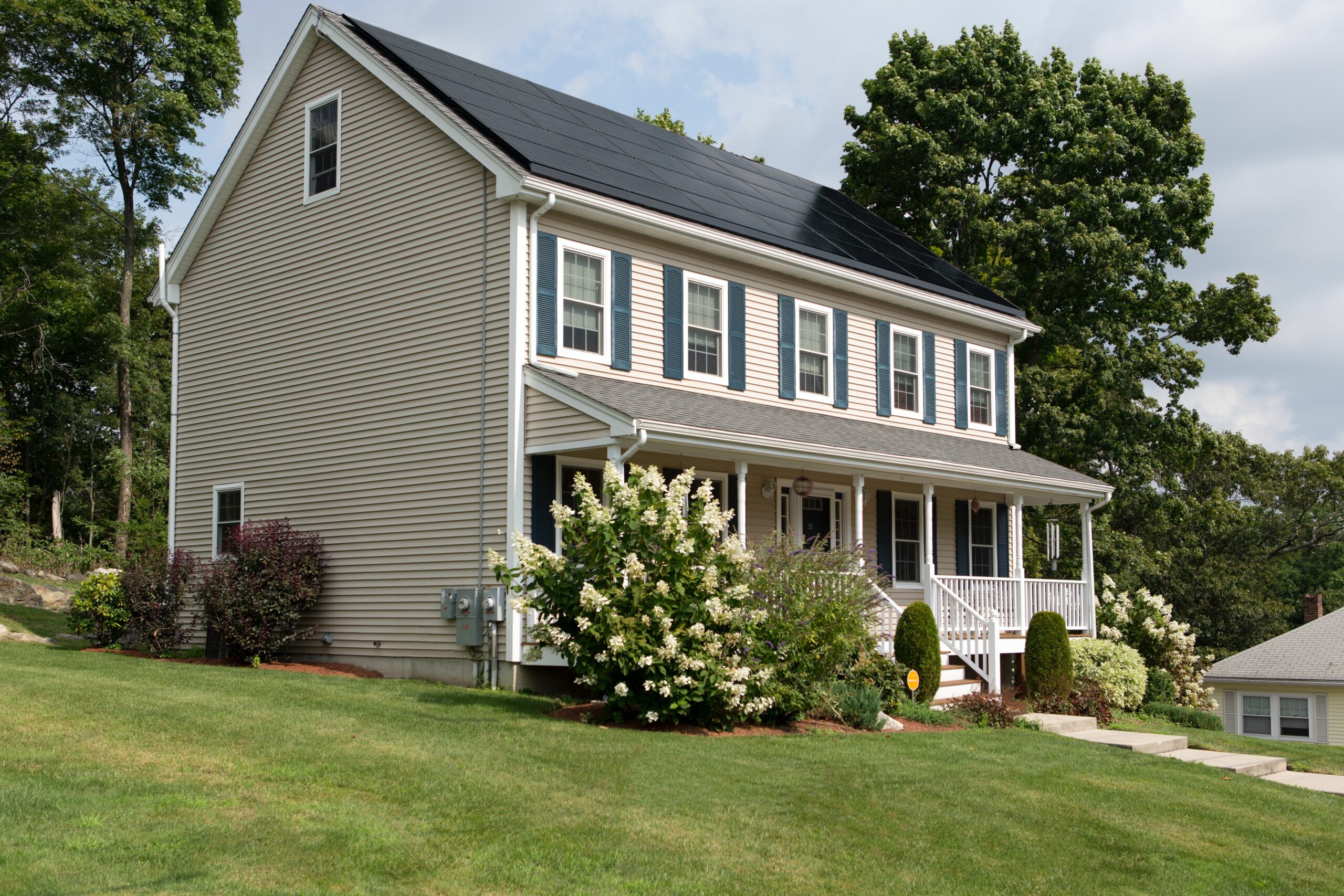
Cost and Incentives
The initial financial investment in solar panels can be expensive, but there are financial incentives that help offset the costs. Federal tax credits, state-level rebates, and some utility company incentives can reduce your initial investment. Solar panels are also a great way to dramatically cut your electricity bills, with many homeowners being able to sell excess energy back to the grid.
Installation and Maintenance
While DIY kits exist, you should definitely hire a professional to install your solar panels. The efficiency of your solar system relies on the quality of the installation. After the panels are up, they require low maintenance. All you’ll need to do is an occasional cleaning and routine inspection.
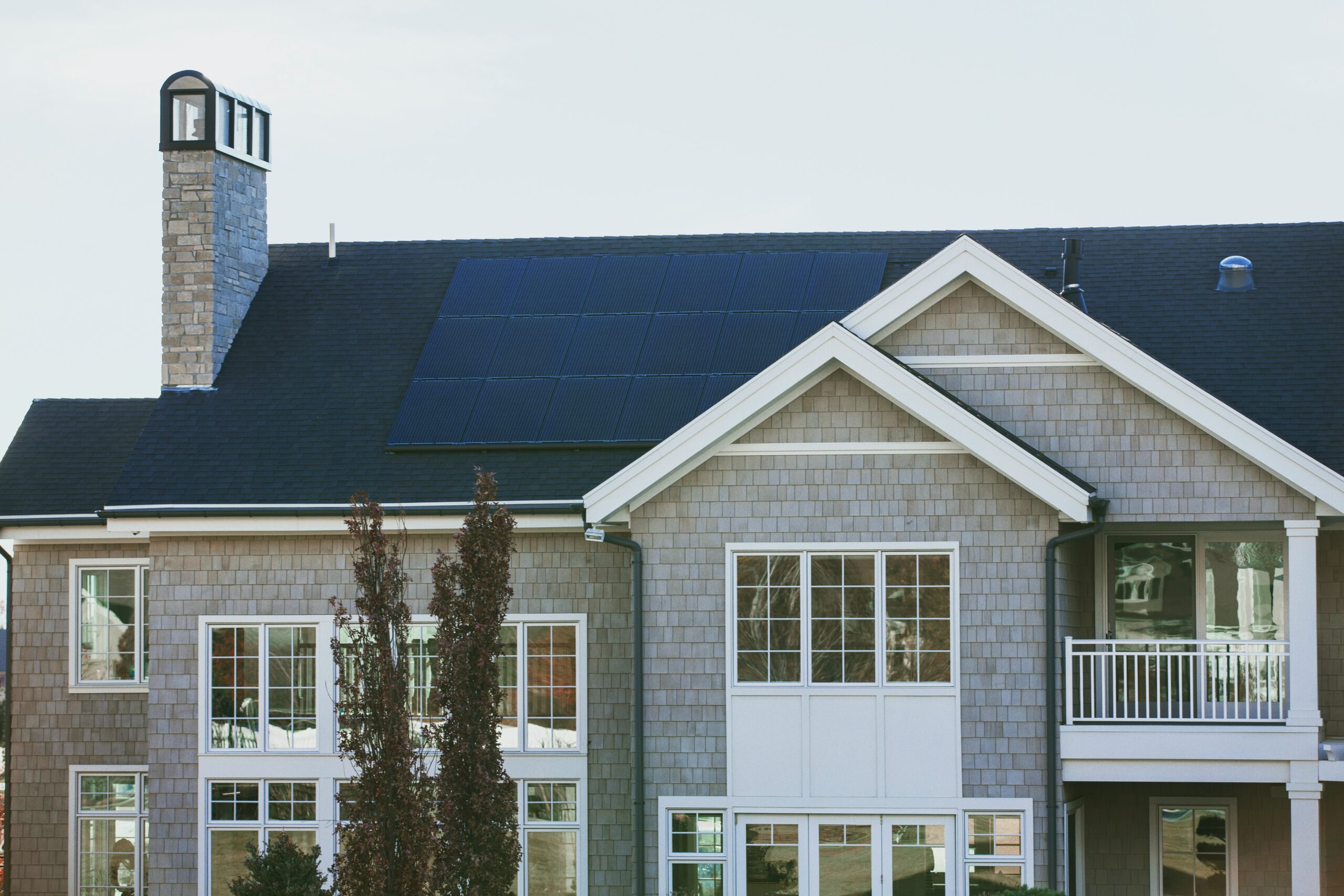
Storage and Backup
Investing in a backup battery allows you to store excess energy generated during sunny days for use at night or during cloudy periods. Backup batteries increase your household’s energy independence.
Longevity and Warranties
Modern solar panels are built to last and come with a 25-30-year warranty. They can also generate electricity beyond that period at a reduced efficiency.
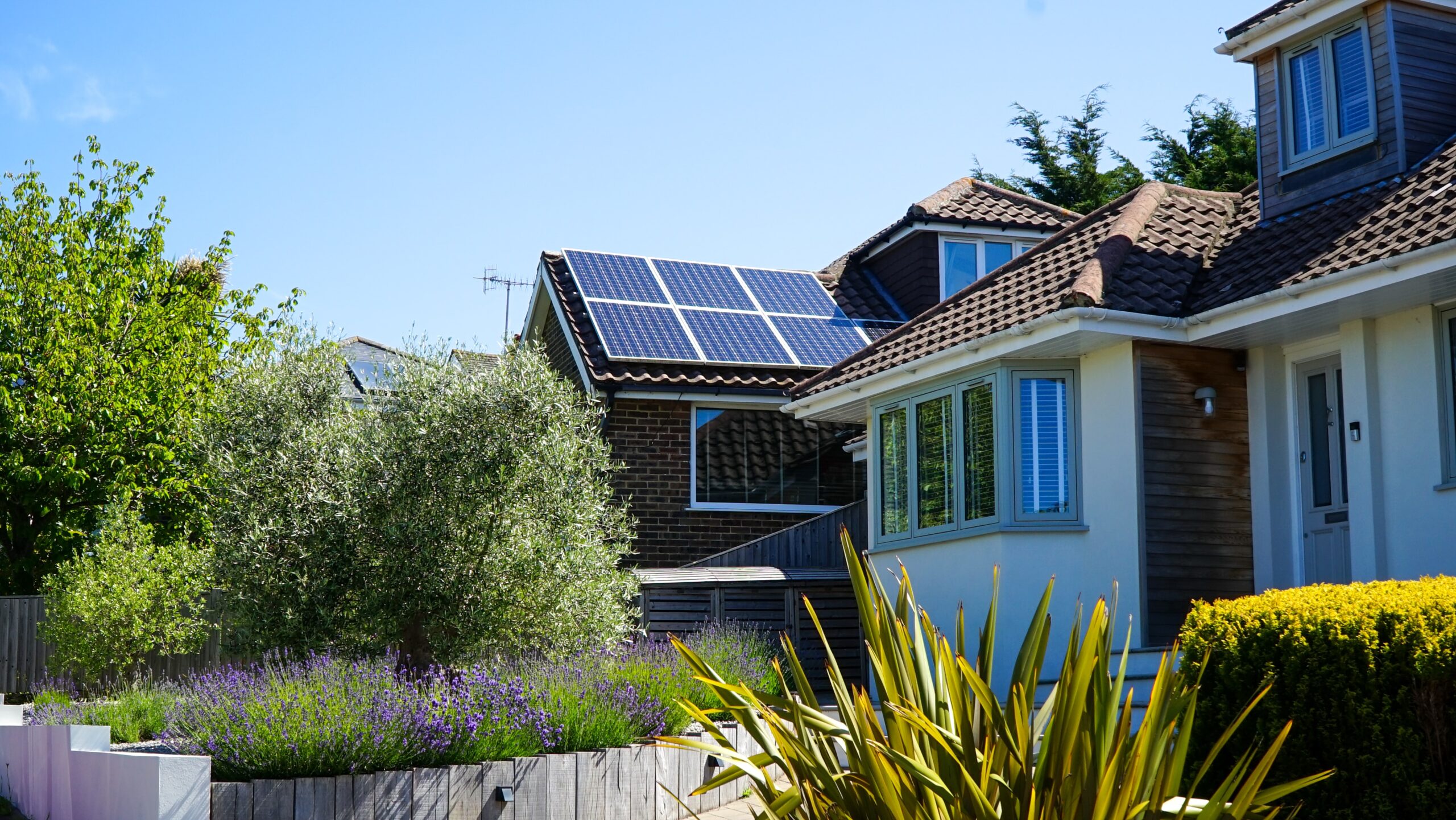
Environmental Impact
Solar panels produce zero emissions during operation, and their production is becoming more eco-friendly. Shifting to solar means you’ll be contributing to reduced fossil fuel consumption, lower greenhouse gas emissions, and a more sustainable energy grid.
popular posts
Home

The Coastal Farmhouse Trend: Everything You Need To Know
by Melody Beuzelin | December 11, 2023

10 Amazon Heating Buys To Help You Save on Heating Costs
by Brittni Williams | January 27, 2023
Spaces
Whether it’s luxury or ease, every area of your home should be as fabulous and unique as you.
Creating a Sustainable and Zero-Waste Home: Tips & Strategies
by Melody Beuzelin | March 15, 2023
FOLLOW ALONG ON INSTAGRAM
#homeandtexture
Find us on social for more home inspiration where culture, personal style, and sophisticated shopping intersect to help you create a home where you love to live.
